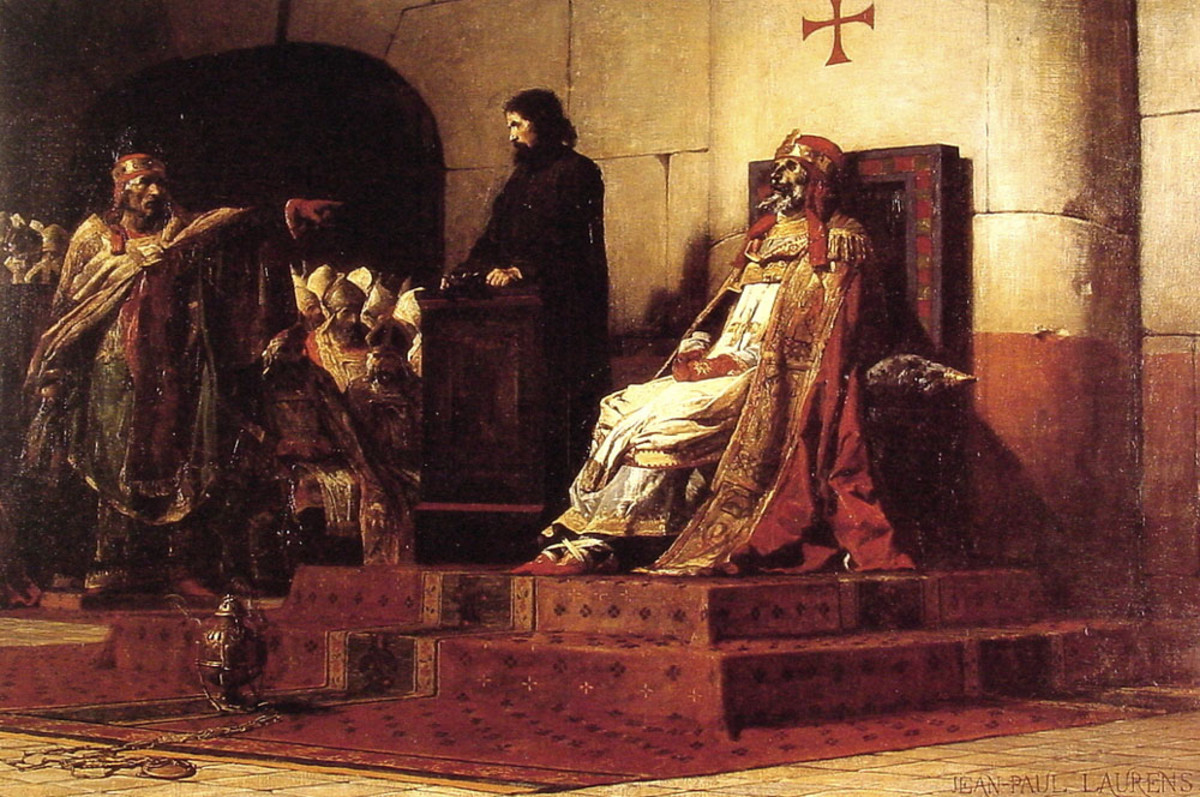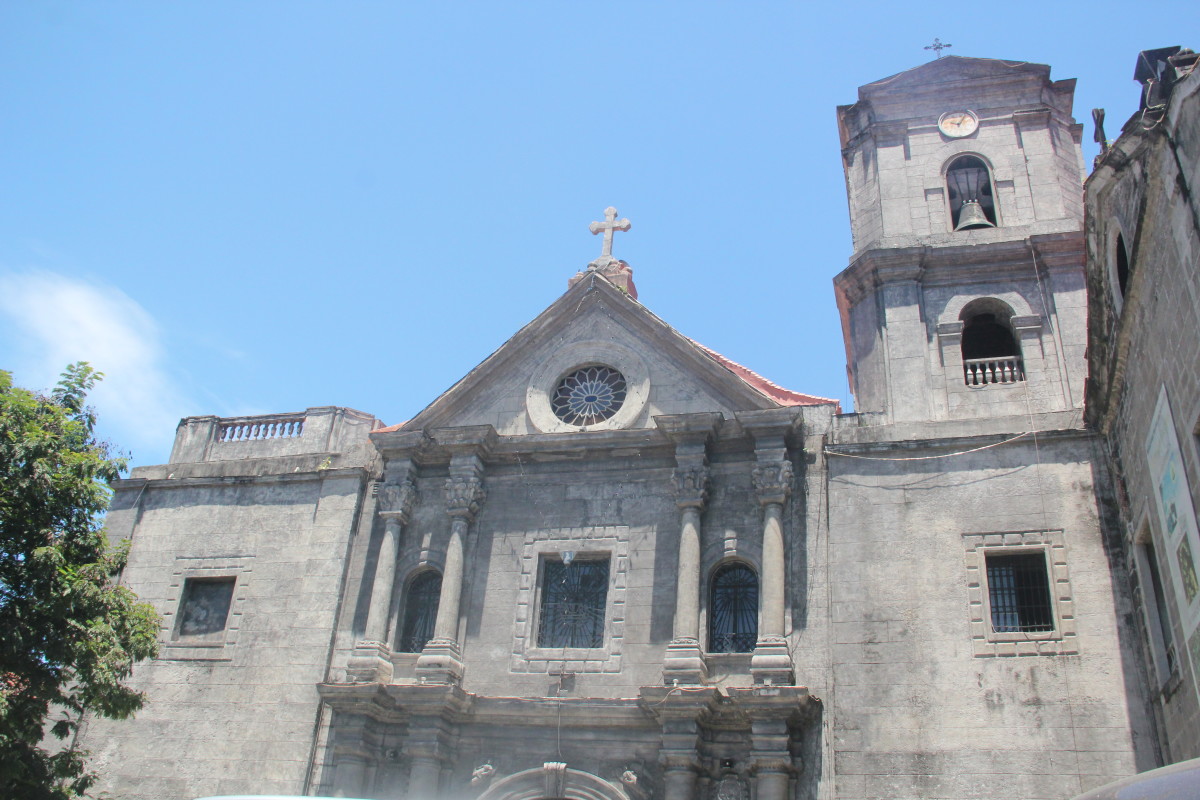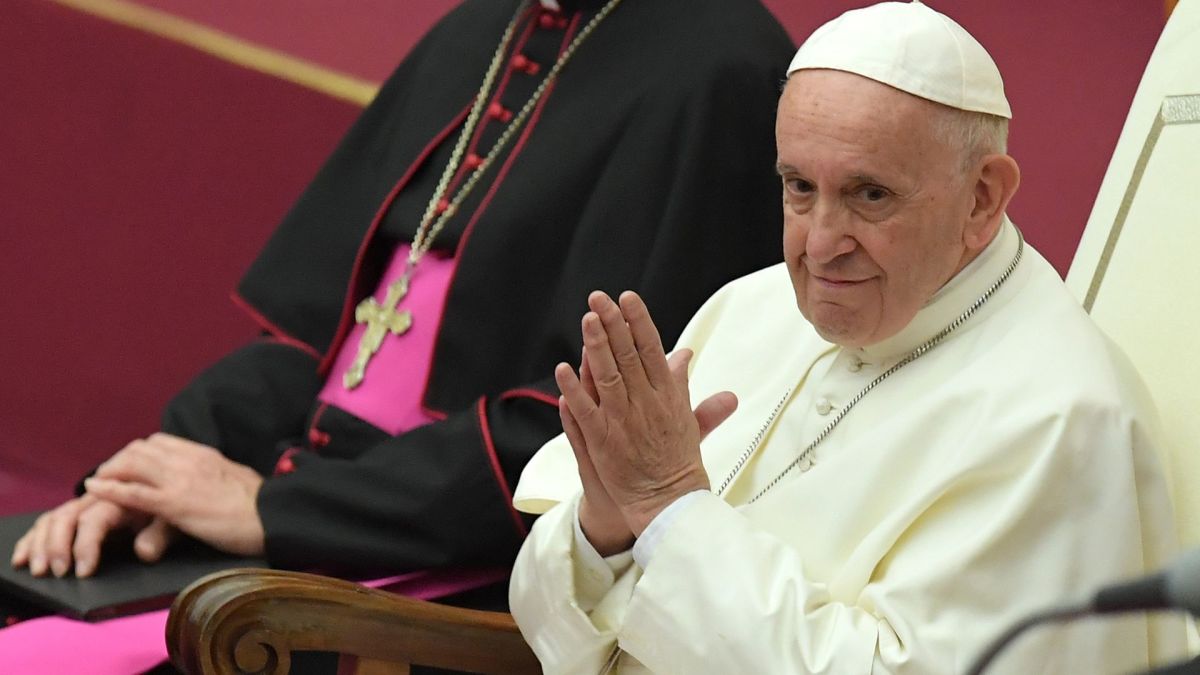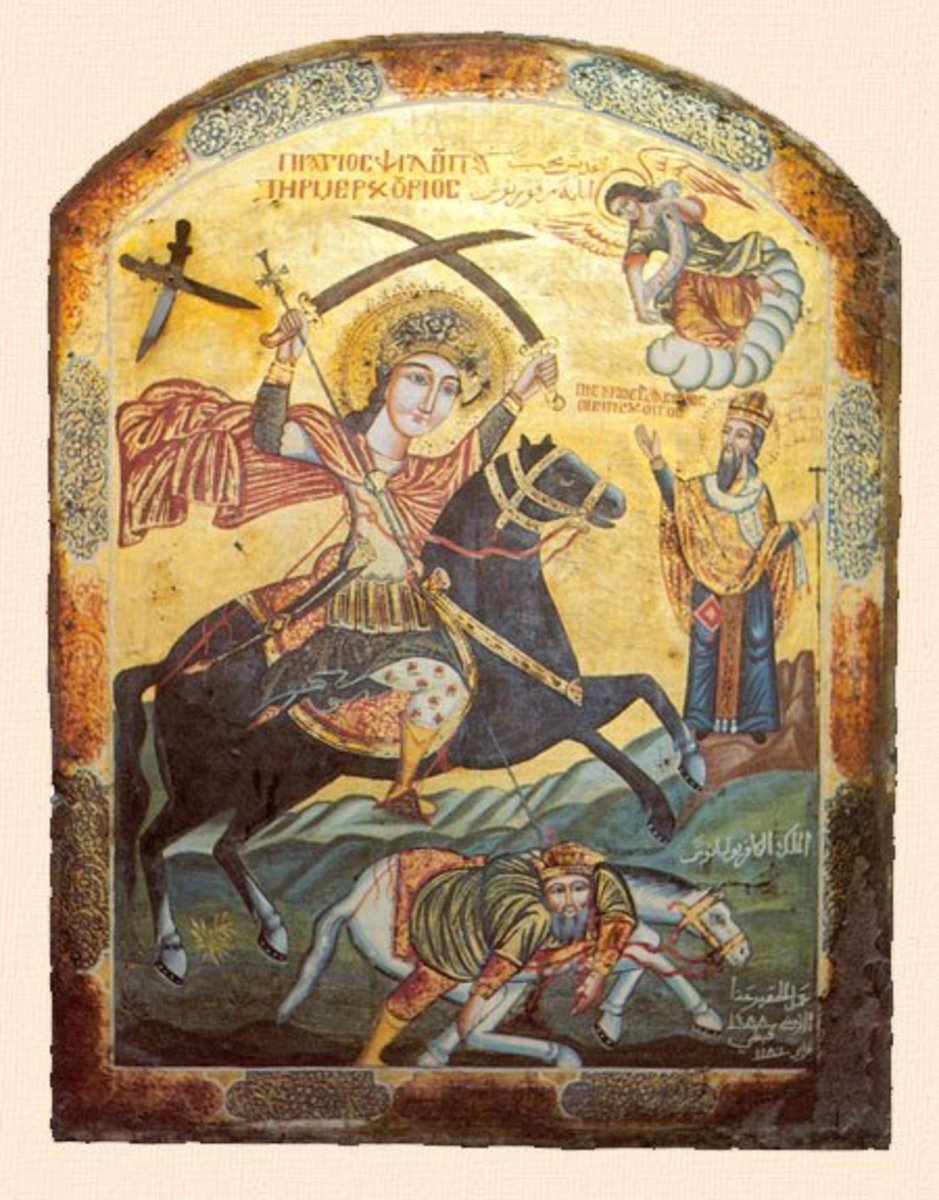The Catholic Martyrs of the Twentieth Century: Miguel Agustin Pro
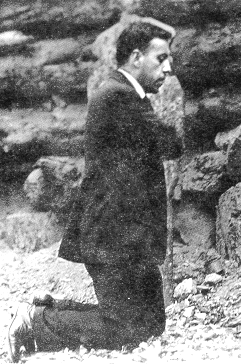
Christian faith requires one to immerse himself or herself in the world in order to find God even if that means giving up one’s life in order to help diminish the evil that threatens our world. It is God’s will and not their own will, which guides them as it guided Jesus. Father Miguel Agustin Pro was guided by this special grace from God, to act in the most benevolent and loving way by sacrificing his life to challenge the very institutions that was challenging man’s God given right to worship and to live in peace with each other. Father Pro’s work immersed himself into a world filled by hate, violence and fear to shine brightly for Christ, as the lamp on the hilltop, calling forth the masses back to the calling of God. One of Father Pro’s early companion in Christ once said that he “had never seen such an exquisite wit, never coarse, always sparkling.” The tireless energy and the abounding love that later played a large role in Pro’s decision to stand for his beliefs and to even die for it. But to understand why Father Pro was so steadfast in his faith, we must take a closer look at the times and the conditions of Father Pro’s upbringing and life.
Even though Mexico gained its independence in 1821, within a short few year, by 1857, Mexico became a dictatorship run by Benito Juarez, under whom the widely accepted and followed, Catholic Church started to get persecuted and their power and property begin taken away. By 1876, Dictator Profirio Diaz took power leading to an uneasy peace between the church and state, yet still not giving church its freedom, rather an oppressive recluse. Then things started to get out of control from 1917 onwards as the Socialist revolutionary ideas quickly grasped Mexico and shook the foundations of its society. The new socialist governments and their constitutions were quick to condemn religion, especially the Catholic Church, and then began a state sponsored bloody campaign to oust and eradicate the church from the Mexican way of life. Dictators and dictators and generals and generals led massive operations and strategy to try to eliminate the role of church and its influence on the people. Within those short eighty years of this bloody campaign, almost millions of people were driven out, exiled, killed, tortured, raped and disappeared and tons of property looted, desecrated, damaged or destroyed. It was in these lawless conditions that Miguel Pro was born to a modest middle class family on January 13, 1891, in the outskirts of the village of Guadalupe near Zacatecas.
As a young boy, Pro matured considerably spiritually as he was strongly influenced by his mother Josefa, who was a deeply devout catholic and practiced all her devotions and took part in all the sacraments. Thus in interest in the spiritual realm was encouraged and after his participation I the Corpus Christi procession, he explained that he “wants to go to a procession that never ends!” Father Mateo Correa Magallanes began a spiritual relationship with Pro at a young age and gave his first holy communion to him and later became a fellow martyr as he refused to tell the authorities of confessions. Pro also showed an unprecedented concern for the welfare of the common people from an early age, leading him to study Rerum Novarum by Pope Leo XIII and similar works regarding social problems. After his sisters joined the convent, on August 10, 1911, Pro joined the Jesuit hacienda El Llano and due to the deteriorating conditions in Mexico and the lack of essential facilities, instructors and materials needed for further study, Pro took a trip to the United States and from there to Granada, Spain to continue his Jesuit studies. The same country that was born due to the efforts of Catholics and Father Miguel Hidalgo became the very same nation that expelled Miguel Pro and persecuted the Catholics in the country.
However, his comfortable life in Spain or his health problems did not stop Pro from reaching out to people or to care for the underprivileged. In 1919, he went to Nicaragua for teaching and even though the climate and weather took its toll on Pro, he did not give up. Pro threw himself into helping to organize the newly formed school with a great deal of enthusiasm and tied in the cultural aspects of his pupils to make his teaching program a great success. He sacrificed a part of himself to reach and teach his pupils in Nicaragua. Meanwhile, his people in Mexico continued to suffer under a new constitution aimed solely at shutting down the Catholic Church and the monastic establishments. Even though his health was suffering badly, he went to Belgium to partake in a special study of Catholic labor movements and in August 31, 1925, he was ordained in Belgium. He established and made an impression on the Catholic Worker Youth Movement or JOC and it helped remind him of his humble upbringings and his days as a miner. He wrote at that time, "How can I explain to you the sweet grace of the Holy Spirit, which invades my poor miner's soul with such heavenly joys? I could not keep back tears on the day of my ordination, above all at the moment when I pronounced, together with the bishop, the words of the consecration. After the ceremony the new priests gave their first blessing to their parents. I went to my room, laid out all the photographs of my family on the table, and then blessed them from the bottom of my heart."
Shortly after his ordination, the conditions in Mexico was at a all time low as the people were abused, and the churches were forced to go underground. Many heroic deaths occurred during this time, including Gonzalez Flores who said “I die, but God does not die!” The Cristeros Rebellion to fight back against the oppressive government was in a full swing and the government was at the pinnacle of its power. It was during this time, on the bright morning of July 8th 1926 that Father Pro returned to him homeland of Mexico. Almost immediately, the Father took on his duties to the people and started ministering to the countless masses. With the secret police and the informers watching and plotting against Father Pro, he ministered confessions, Eucharist and other ministries to congregations both small and large and used various alibis to escape from the clutches of the secret police. All of these close escapes led him to reflect that the very life under persecution was a blessing. Pro was quick to comment, “I feel the truth of that sublime answer, my grace is sufficient for thee: for virtue is made strong in weakness.” As a goldsmith refines the mineral to rid of any impurities and get the pure gold, he heats it numerous times and beats it on his anvil. Only after numerous trials does he achieve the pure valuable end substance, the pure gold. In likewise fashion, Father Pro sees each of these encounters as a refining point in his life where he becomes closer to his faith and where he is truly strengthening his spiritual insights on God. Yet despite the hardships, decaying health conditions and his non-stop work overtime, Father Miguel Pro was dedicated to his community with a passion that surpassed the fear and the restrictions the government tried to impose on the people and the church.
Through chance and ridiculous charges by the government, Miguel Agustin Pro was arrested and put on the death row by firing squad. The government invited numerous media outlets to come to the execution in order to intimidate and put fear in the hearts of the people. Before the execution, Father Miguel knelt and prayed with the soldiers who were going to be his executioners and said, “May God have mercy on you! May God bless you! Lord, Thou knowest that I am innocent! With all my heart I forgive my enemies!” President Calles was hoping for a priest that was begging for mercy, but to his disappointment, Father Miguel Pro knelt and prayed before the execution and then extended his hands in the form of a cross, with a steady voice that was neither defiant or desperate but calm and full of faith said, “Viva Cristo Rey,” or Long Live Christ the King. Father Pro’s act of defiance before death and his simple act of faith stirred the hearts and the minds of the people throughout Mexico. His faithful deed to the very end was the difference needed to awaken the people to the reality and to strength their faith. The very next day after his body was send to his father’s home, his father was joined by over a dozen government agents, and people from all sorts of walks of life, touched by the Pro’s faith even through the last moments of his live. His death changed the lives of his executioners, his family, his fellow believers and his whole nation for all eternity.
Throughout all of his life, Father Miguel reflected the values of a true Christian and truly embodied Christ within himself and through all his actions. The events that unfolded in Miguel’s time was told would happen in the bible at John 16:2, that says “a time is coming when anyone who kills you will think he’s offering a service to God.” And Father Pro’s time has not ended, in many small ways, things like that is coming and is already here. But Jesus did not want us to fret, for he said “Blessed are those who are persecuted for righteousness sake, for yours is the kingdom of Heaven.” Father Pro lived but to that ideal. Throughout his sufferings in Mexico, he did not fight back with violence or hatred, rather he continued to do what Christ would have done, which was to love the people and preach the truth. And to that end, Father Pro endured much hardship and paid for his faith with his life. Even in his life, for example his dedication he showed in Nicaragua and his concern for the mineworkers, showed his care and love for the poor. Jesus himself came to the earth to “preach the good news to the poor…to proclaim freedom to the prisoners, sight to the blind and to release the oppressed” (Luke 4:18). Father Pro took upon the same mission as he poured his whole heart into his good work in Spain and Nicaragua and showed special concern to the poor. Father also proclaimed freedom to those who were prisoners of the fear of the government by doing confessions and other ministries of the church in secret and in private to a wide variety of people. Miguel Pro also then did the ultimate sacrifice, he released the oppressed by giving up his life for the people of faith, as Jesus gave up his life to free those oppressed by sin.
Throughout all of his life, Father Pro pursued the mission statement of a Christian, to reach out to people and to emulate Christ in all of his ways, both spiritual and his material life. His dedication, steadfast faith and unprecedented devotion to the people lead his to surpass the many things life hurled at Miguel Pro, including his health problems. During his homily at the beatification Mass, Pope John Paul II said that Father Pro “is a new glory for the beloved Mexican nation, as well as for the Society of Jesus. His life of sacrificing and intrepid apostolate was always inspired by a tireless evangelizing effort. Neither suffering nor serious illness, neither the exhausting ministerial activity, frequently carried out in difficult and dangerous circumstances, could stifle the radiating and contagious joy which he brought to his life for Christ and which nothing could take away (John 16:22). Indeed, the deepest root of self-sacrificing surrender for the lowly was his passionate love for Jesus Christ and his ardent desire to be conformed to him, even unto death.”
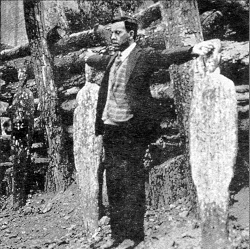
Related Readings
- Miguel Pro - Wikipedia
Beatified and declared a martyr in 1988 by Pope John Paul II, Father Pro has been recognized as a martyr by Mexican Catholics from the moment of his death. - Bl. Miguel Pro - Saints & Angels - Catholic Online
On the day of his execution, Fr. Pro forgave his executtioners, prayed, bravely refused the blindfold and died proclaiming, "Viva Cristo Rey", "Long live Christ the King!" - Blessed Miguel Pro's Home Page
On June 8, 2008 Ann Ball died peacefully at home. She was a friend of Miguel's with many stories


